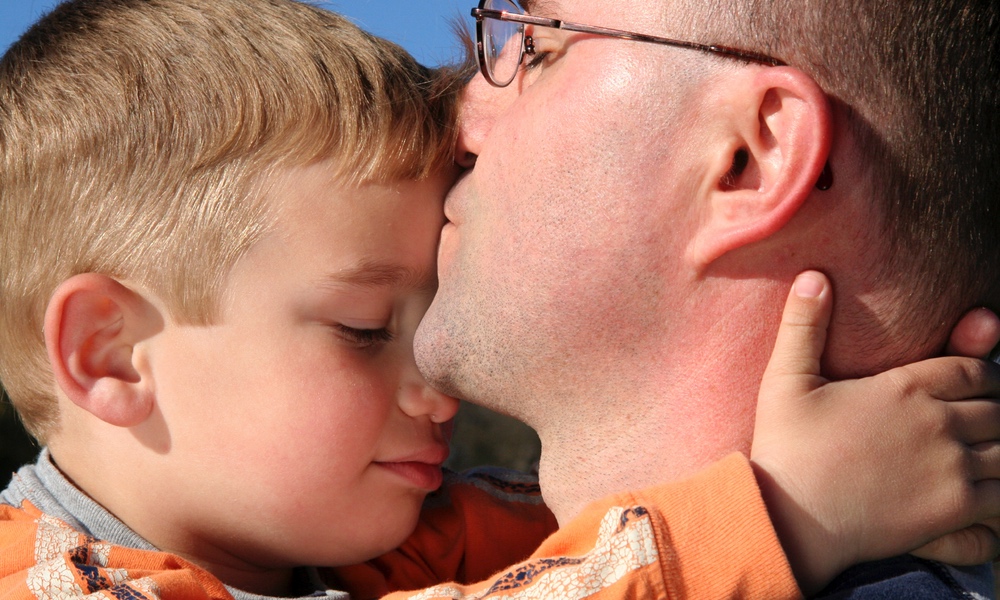New mothers aren’t the only ones who put on extra pounds after the birth of a baby. New dads do, too.
In a study that is one of the first-of-its-kind, researchers found that fathers who live with their child or children gain over four pounds. Those who don't live with their kids gain over three pounds. That’s an increase of 2 to 2.6 percent in their body mass index (BMI) for the average man. The same size man who is not a father lost 1.4 pounds over the same period of time.
Other research has found that marriage leads to weight gain in men, but the “fatherhood effect” is in addition to that weight gain. The reason behind the weight gain varies, but certainly changes in lifestyle, less time to exercise, and an increase in the amount of kid-friendly snack foods in the house all contribute to the problem. The food left on kids' plates doesn't help either.The medical field needs to think about how we can help these men of child-rearing age who often don't come to the doctor's office for themselves.
Over a period of 20 years, researchers at Northwestern University’s Feinberg School of Medicine followed the BMI (body mass index) of more than 10,000 men from adolescence into their early 30s. They categorized the men according to their fatherhood status and compared the BMIs of fathers and non-fathers.
New dads often think they are too young and healthy to watch what they eat, so Garfield recommends that pediatricians take the opportunity to address dad’s health as well as the child’s health and offer nutritional counseling, if needed. The extra weight and the increase in BMI can set men up for developing heart disease, diabetes, and cancer.
“We now realize the transition to fatherhood is an important developmental life stage for men's health,” Garfield said. “It's a magical moment where so many things change in a man's life. Now the medical field needs to think about how can we help these men of child-rearing age who often don't come to the doctor's office for themselves.”
The best thing that can come out of this new knowledge is the importance of fathers acting as role models for their children by placing healthy eating and physical activity on their priority list. Children do what they see, not as they’re told.





